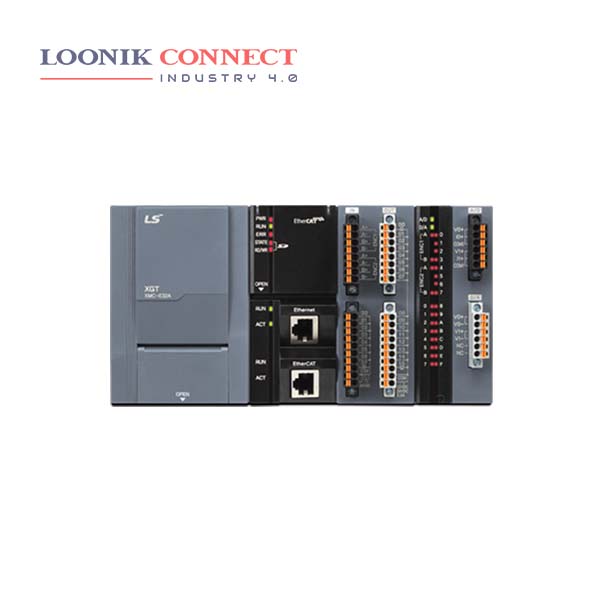Programmable logic controller (PLC) is a general-purpose control device that automatically controls machinery, facilities, and assembly lines by user defined programs. It also has a variety of communication functions for sequence, motion, and process control.LS Programmable Logic Controllers (PLC) are general-purpose control devices built to control industrial electromechanical processes; machinery, facilities and assembly lines by user defined programs. Offering a diverse range of communication functions for sequence, motion and process control.
A programmable logic controller (PLC) is a small, modular solid state computer with customized instructions for performing a particular task. PLCs, which are used in industrial control systems (ICS) for a wide variety of industries, have largely replaced mechanical relays, drum sequencers and cam timers.
PLC are divided into three types based on output namely Relay output, Transistor output, and Triac Output PLC. PLCs are the preferred method of controlling, measuring, and carrying out tasks in complex manufacturing and industrial applications because they play nicely with other systems. PLCs work well with PCs, PACs (programmable automation controllers), motion control devices, and HMIs.










